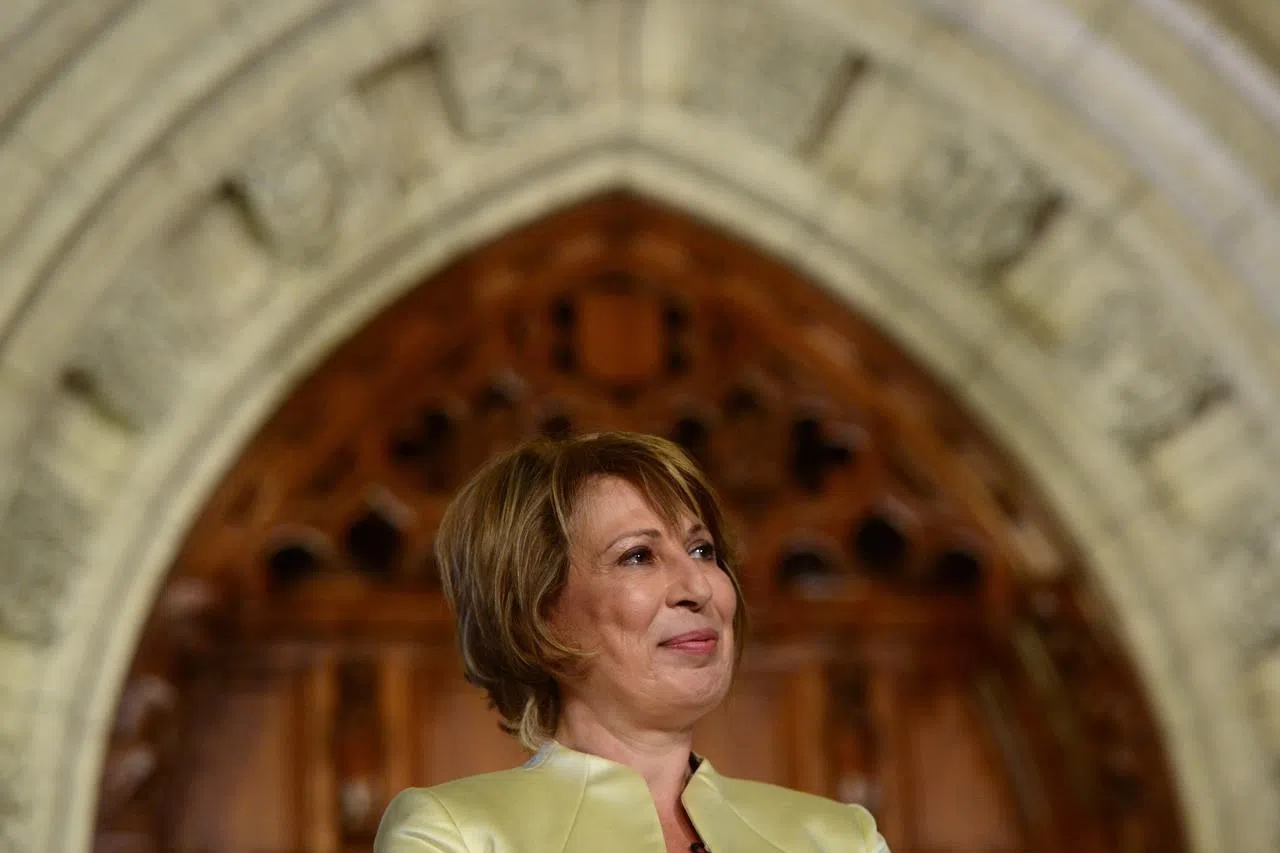
Heart researcher, Ottawa U exec, appointed Canada’s chief scientist
OTTAWA — First he named her the country’s top scientist.
Then Justin Trudeau tried to take Mona Nemer out with a robot.
It was all in a day’s work for the prime minister, a self-confessed “nerd” who on Tuesday proclaimed Nemer, formerly the vice-president of research at the University of Ottawa, as Canada’s new chief science adviser.
After making the official announcement in the foyer of the House of Commons, Trudeau and Nemer walked across the street to the prime minister’s office building, which happened to be playing host to the prime minister’s science fair.


